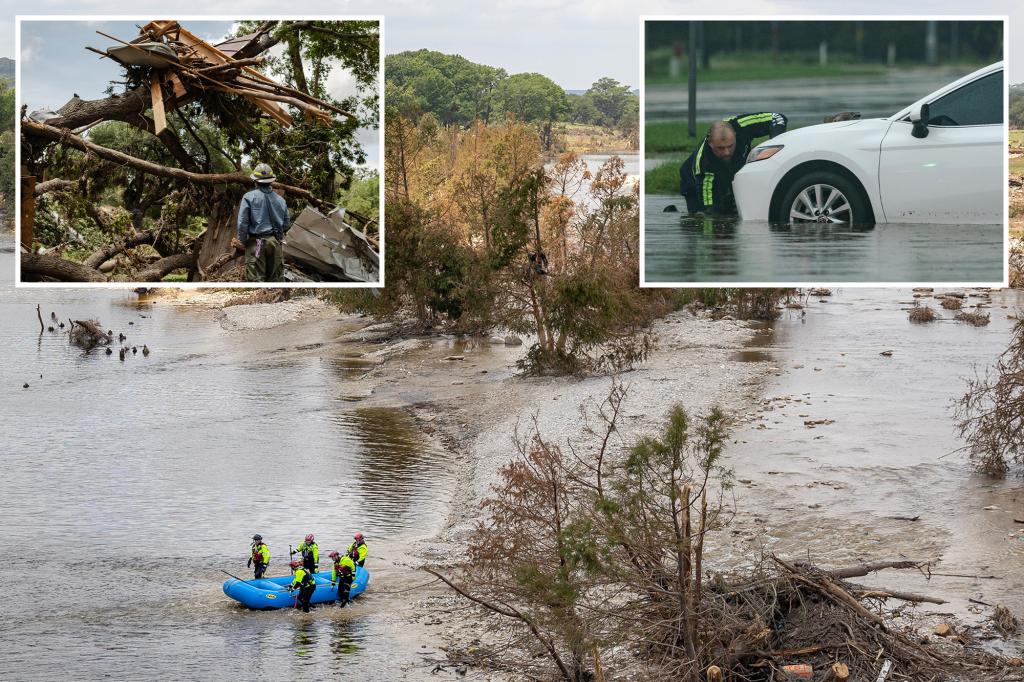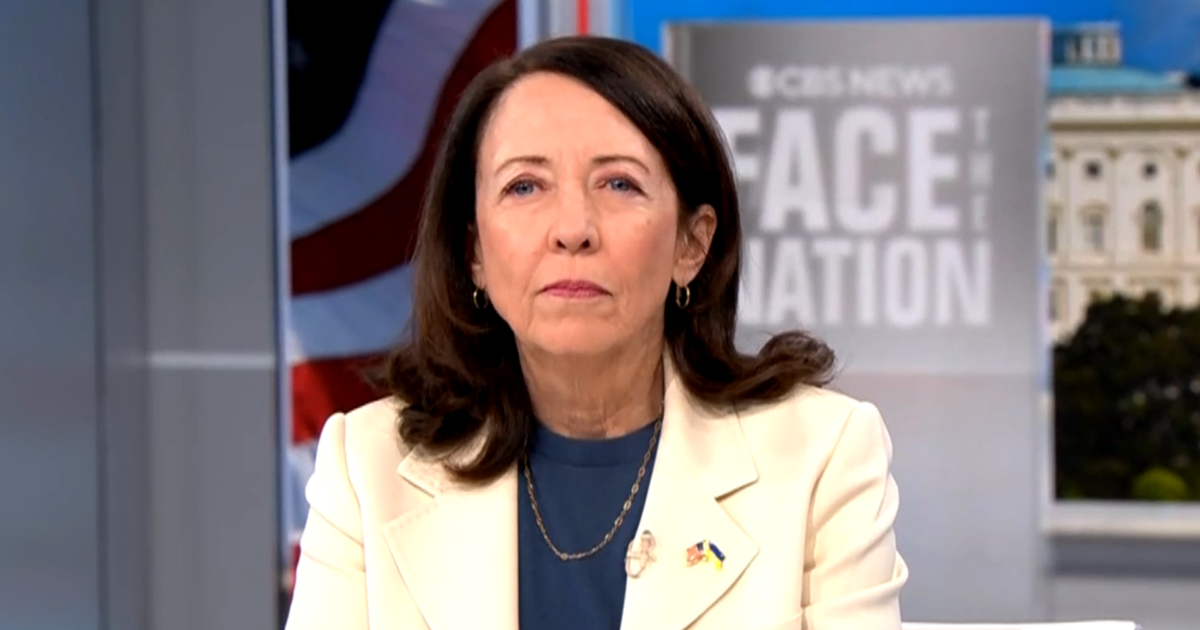“`html
In a significant move to combat climate change, the United Nations announced on October 10, 2023, a global initiative aimed at reducing carbon emissions by 50% by 2030. This ambitious plan, launched during a climate summit in New York, involves collaboration from over 100 countries, businesses, and environmental organizations, aiming to address the urgent need for sustainable practices across industries.
Global Initiative to Reduce Carbon Emissions
The UN’s initiative, dubbed the “Climate Action Accord,” seeks to galvanize worldwide efforts to limit global warming to 1.5 degrees Celsius above pre-industrial levels. This goal aligns with the Paris Agreement and reflects the growing consensus on the need for immediate action to mitigate the impacts of climate change. According to the UN, achieving this target requires not just government action, but also significant participation from the private sector and civil society.
“This is a pivotal moment in our fight against climate change,” said UN Secretary-General António Guterres. “The Climate Action Accord is not just a plan; it is a call to arms for all nations to step up and do their part. We have the technology and the knowledge; now we need the will.”
Why Now?
The urgency of this initiative stems from alarming data presented in the latest report by the Intergovernmental Panel on Climate Change (IPCC), which noted that greenhouse gas emissions need to peak by 2025 to keep global temperature rise within safe limits. The report highlighted that without substantial reductions in carbon emissions, the world will face severe weather events, rising sea levels, and devastating impacts on biodiversity.
- Increase in Natural Disasters: Climate-related disasters have increased by 40% over the last decade, impacting millions globally.
- Economic Costs: The global economy experiences losses estimated at $1 trillion annually due to climate change effects.
- Public Health Risks: Air pollution, exacerbated by fossil fuel use, results in approximately 7 million premature deaths each year.
Experts emphasize the importance of immediate action. Dr. Emily Thompson, a climate scientist at the Global Climate Institute, stated, “The science is clear: we are already facing the consequences of climate change. This initiative provides a framework that could lead to real change if implemented effectively.”
Key Areas of Focus
The Climate Action Accord identifies several critical sectors for emissions reduction, including:
- Energy Production: Transitioning to renewable energy sources such as solar, wind, and hydroelectric power.
- Transportation: Promoting electric vehicles and enhancing public transportation systems.
- Agriculture: Encouraging sustainable farming practices to reduce methane emissions from livestock.
- Manufacturing: Implementing cleaner production processes and reducing waste.
The initiative also emphasizes the necessity for funding, recognizing that developing countries face unique challenges in transitioning to greener economies. The UN plans to mobilize $100 billion annually to support these nations in their efforts to meet climate goals.
Challenges Ahead
Despite the ambitious goals set forth in the Climate Action Accord, challenges abound. Critics point to the historical reluctance of some nations to commit to stringent emissions targets, often citing economic concerns. Countries dependent on fossil fuel industries face significant hurdles in transitioning to renewable energy without jeopardizing economic stability.
“We need to ensure that this transition is just and equitable,” remarked Dr. Sarah Patel, an economist specializing in environmental policy. “If we don’t address the socioeconomic implications, we risk exacerbating inequalities and facing backlash from communities affected by these changes.”
Multiple Perspectives on the Initiative
The initiative has garnered mixed reactions globally. While many environmental advocates praise the UN’s leadership, others express skepticism about the feasibility of such ambitious targets. Some argue that without enforceable commitments and accountability measures, the Accord may merely serve as a symbolic gesture.
Conversely, business leaders in the renewable energy sector view the initiative as an unprecedented opportunity. “This is a moment to innovate,” said Mark Johnson, CEO of EcoEnergy Solutions. “The market is shifting, and companies that adapt early will not only contribute to a healthier planet but also thrive economically.”
The Path Forward
As nations and organizations prepare to implement the Climate Action Accord, the real test will be in the coming months and years. The UN plans to host follow-up meetings to assess progress and recalibrate strategies as necessary. This ongoing dialogue will be crucial in ensuring all parties remain committed to the common goal of a sustainable future.
In conclusion, the Climate Action Accord represents a significant step toward addressing one of the most pressing challenges of our time. The implications of this initiative extend beyond environmental concerns, touching on economic stability, public health, and social equity. As the world grapples with the realities of climate change, it is imperative that stakeholders collaborate effectively to turn this ambitious vision into reality.
If you are interested in learning more about how you can contribute to climate action or want to stay updated on the latest developments, visit www.climateaction.org for resources and information.
“`



